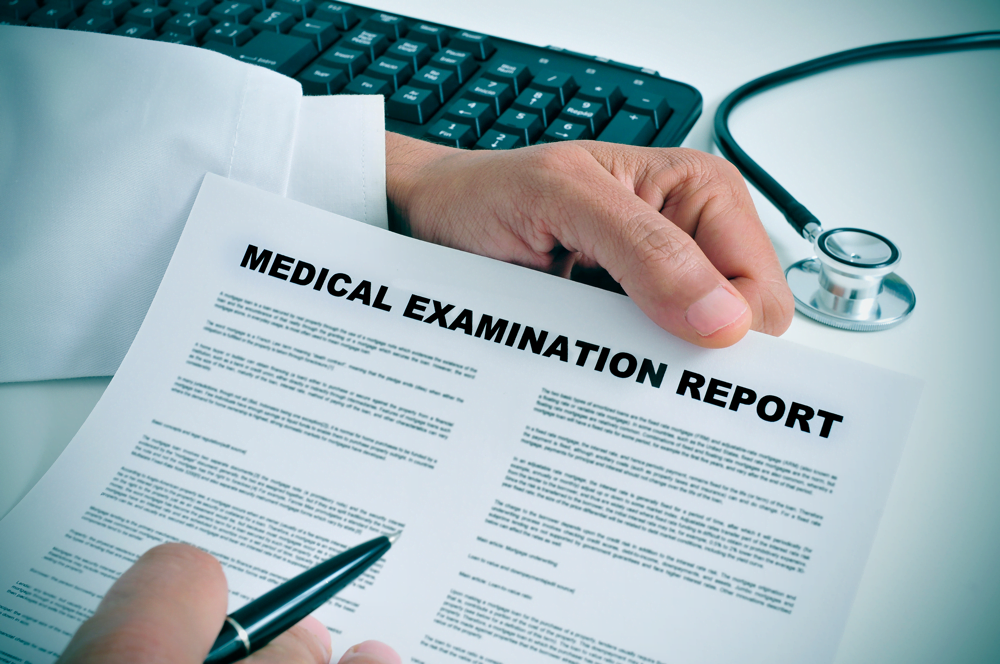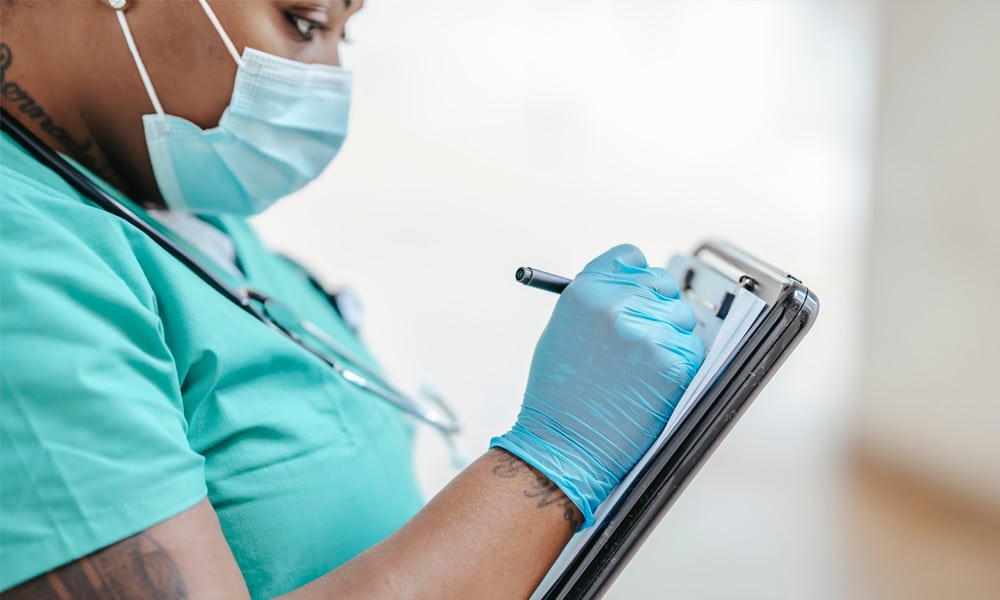Isocyanates & Lead Monitoring
We undertake biological monitoring for both lead and isocyanates as part of our health and safety services in Leicester. In both cases assessment of exposure and ongoing monitoring is undertaken through a urine sample. We offer simple and easy testing at HealthScreen UK to all of our customers across the United Kingdom. We offer biological monitoring analysis for HDI and IPDI (found in spray paints), TDI (foams and glues) and MDI (resins and hardeners) and lead across the United Kingdom.
A urine sample is required and should be taken at the end of a period of potential exposure. Sampling should reflect normal working practices. Urine samples should be collected in bottles containing a citric acid preservative. Healthscreen provides bottles and packaging as part of the analysis cost.
Why should isocyanate exposure be monitored?
Isocyanates are highly reactive chemicals used in making a variety of products, including paints, foams, and glues. Isocyanates are one of the leading causes of occupational asthma in the UK. As respiratory sensitizers, exposures to isocyanates should be kept as low as reasonably practicable and this often requires the use of respiratory protective equipment (RPE).
Occupational asthma can cause serious ill health and result in major changes to the lifestyle of affected people. In some cases, the sufferer has to change jobs to stop their asthma symptoms from getting worse. However, if adequate control measures are in place the condition is preventable. Biological monitoring is a simple and cost-effective way of checking that control measures are working and being used correctly.
Why should lead exposure be monitored
Your body absorbs lead when you breathe in lead dust fume or vapor or swallow any lead for example if you eat, drink, smoke or bite your nails without washing your hands and face. Initially, lead poisoning can be hard to detect — even people who seem healthy can have high blood levels of lead. Signs and symptoms usually don’t appear until dangerous amounts have accumulated. Although children are primarily at risk, lead poisoning is also dangerous for adults. Signs and symptoms in adults may include:
- High blood pressure
- Abdominal pain
- Constipation
- Joint pains
- Muscle pain
- Declines in mental functioning
- Pain, numbness or tingling of the extremities
- Headache
- Memory loss
- Mood disorders
- Reduced sperm count, abnormal sperm
- Miscarriage or premature birth in pregnant women
Again though, if adequate control measures are in place exposure and it’s symptoms are preventable. Biological monitoring is a simple and cost-effective way of checking that control measures are working and being used correctly.
If you would like further information on Biological Monitoring for Isocyanates or lead exposure in the UK, please contact the office on 01455 243700 or contact us online







